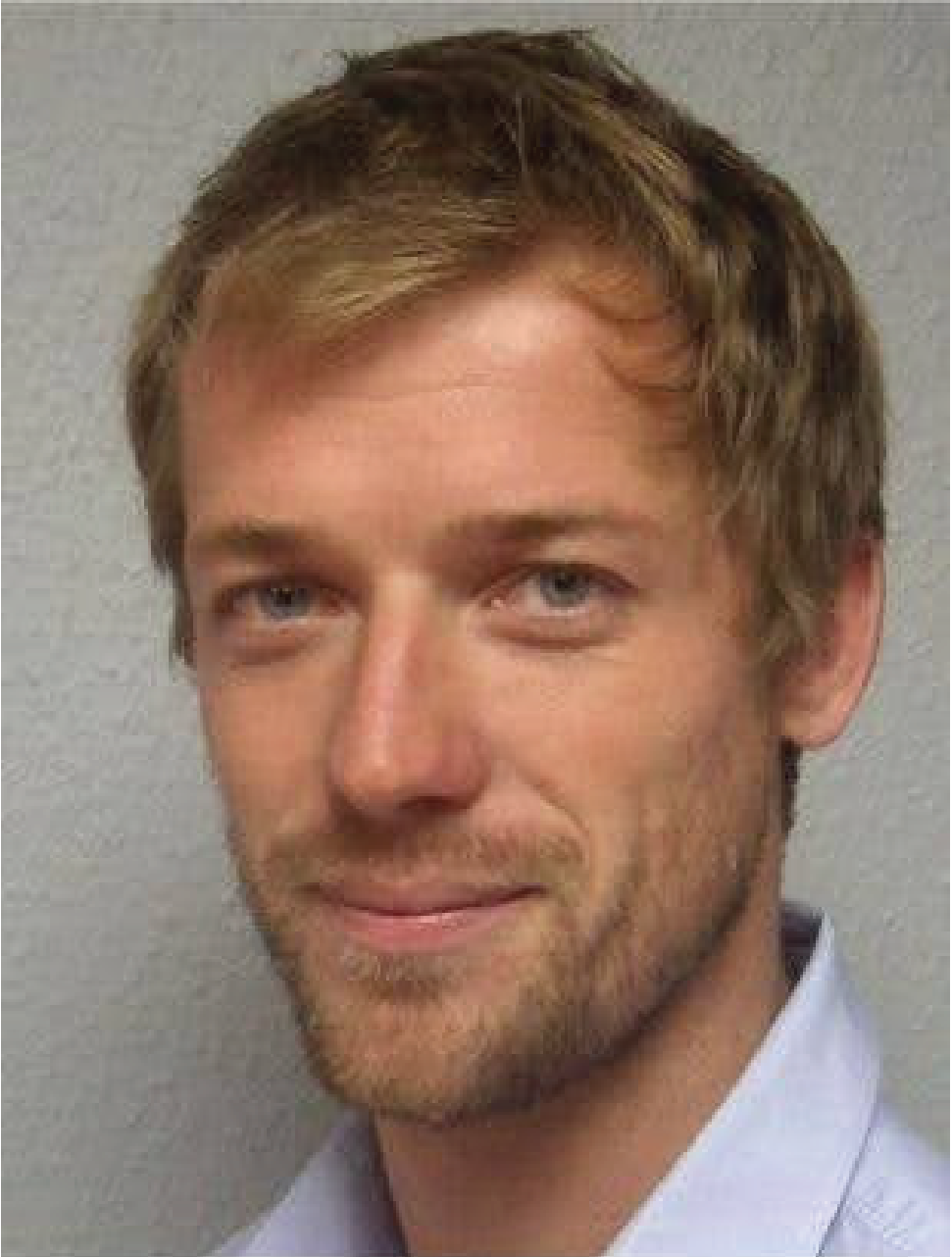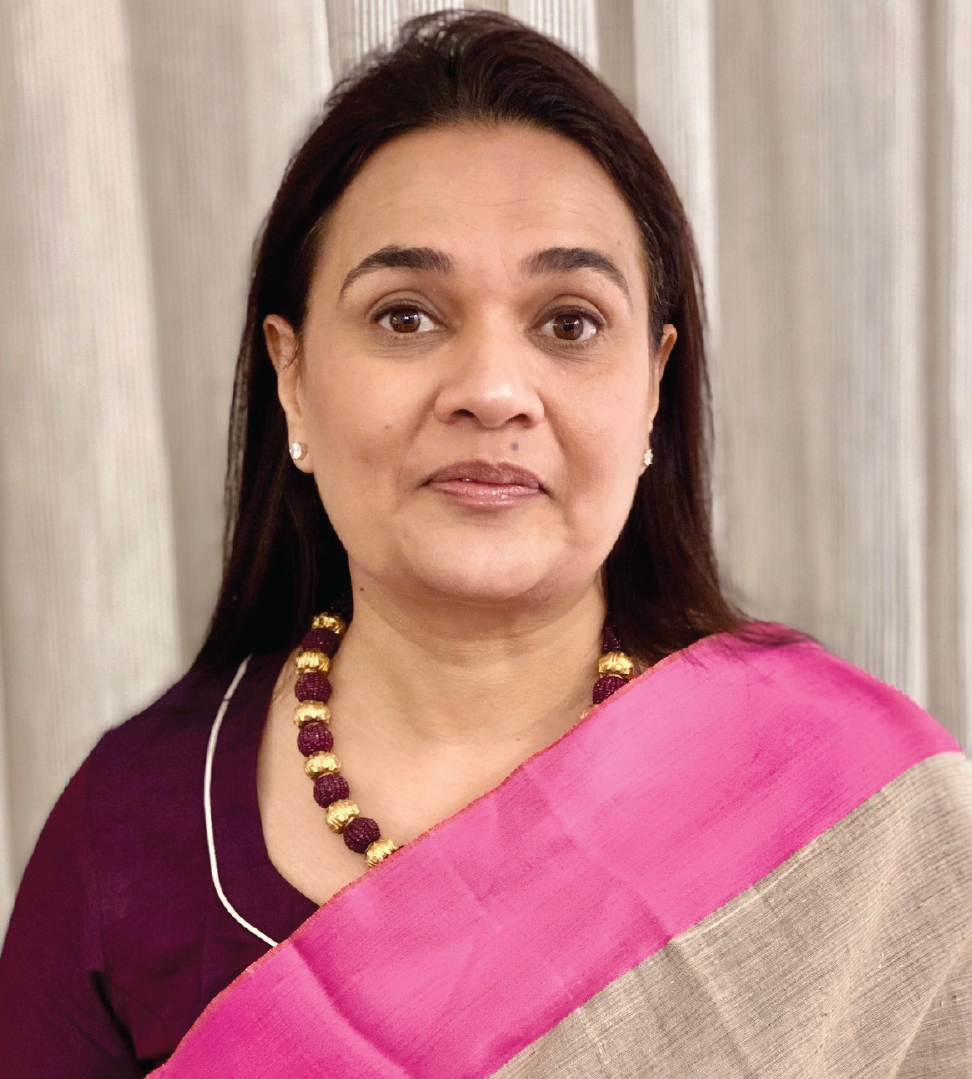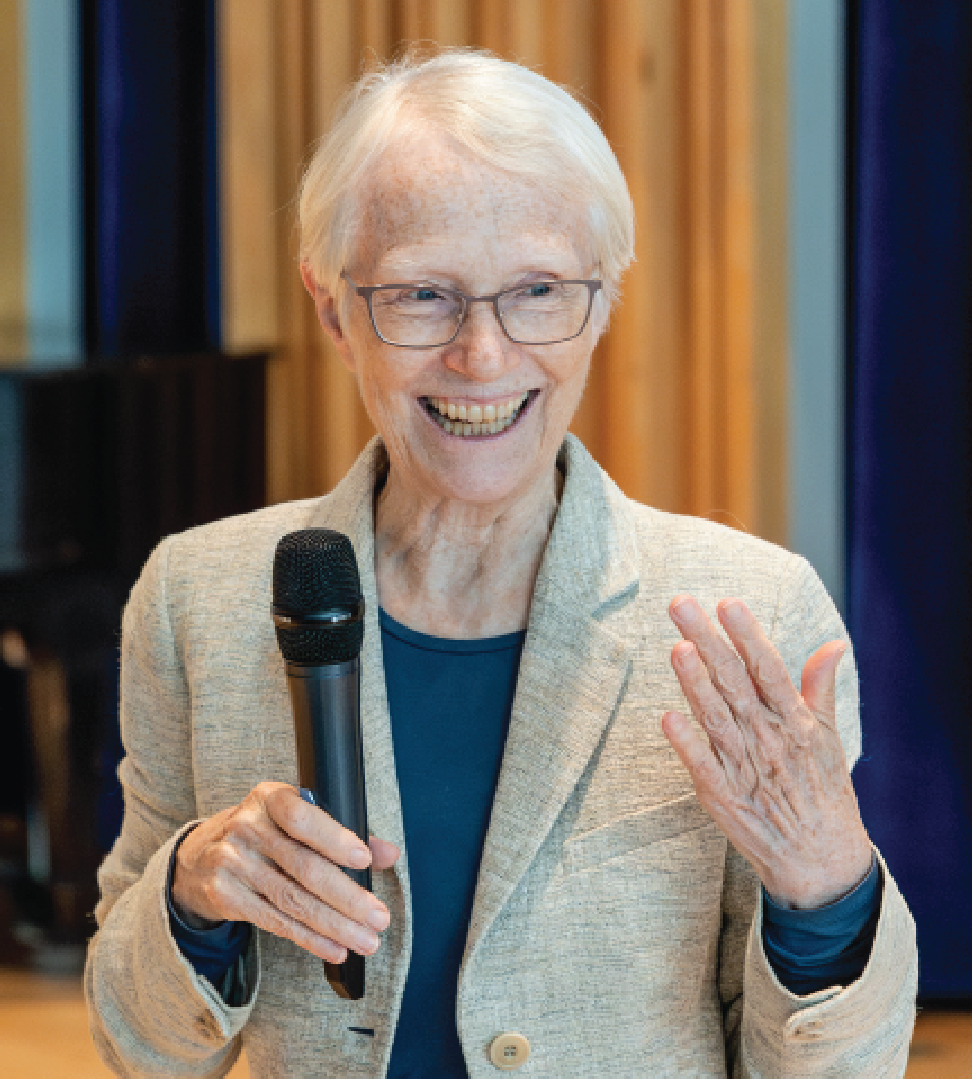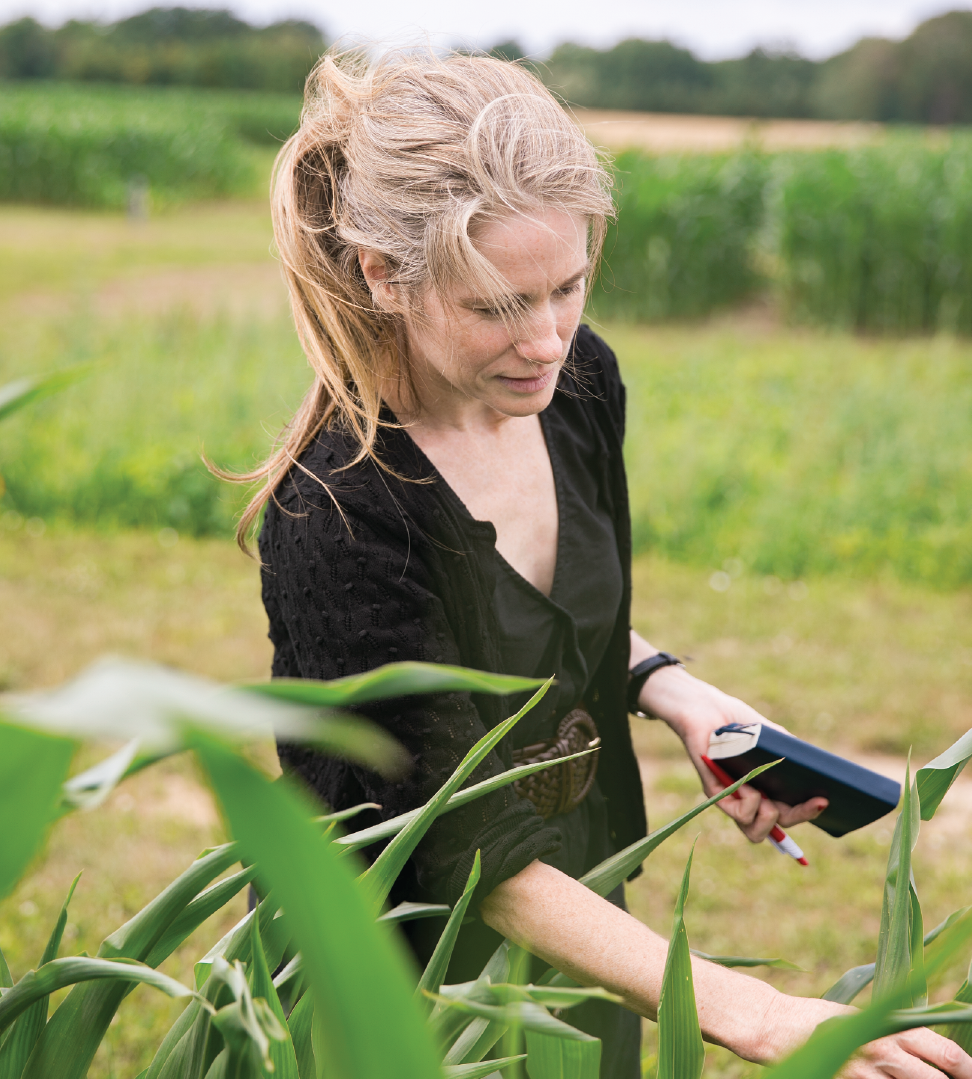AgMIP10 Keynote Speakers
Dr. Gatien Falconnier is a systems agronomist at the French Agricultural Research Centre for International Development (CIRAD) in the ‘Agroecology and Sustainable Intensification for Annual Crops’ team. His research has focused on improving food security and adaptation to climate change, in the context of smallholder farms systems. He coordinates, together with CIRAD colleagues, the ‘Low-input Farming Systems’ activity of the Agricultural Model Intercomparison and Improvement Project (AgMIP). This activity revolves around the participation of leading crop modelers from developed and developing countries. The activity has contributed to highlight the critical interactions between soil fertility and climate change in the context of smallholder farmers, and the need for improvements in the way crop models deal with this interaction. Gatien has been based in Zimbabwe since 2021, where he is seconded to the International Maize and Wheat Improvement Center – Sustainable agrifood systems (SAS), and to the University of Zimbabwe – Plant Production Science and Technology department. Before joining CIRAD, he was postdoc at the National Research Institute for Agriculture, Food and Environment (INRAE) in France.
Dr. Mario Herrero is a professor of sustainable food systems and global change in the Department of Global Development, a Cornell Atkinson Scholar, and a Nancy and Peter Meinig Family Investigator in the Life Sciences. His research focuses on increasing the sustainability of food systems for the benefit of humans and ecosystems. He works in the areas of sustainable food systems, climate mitigation and adaptation, livestock systems, healthy diets, food systems modelling and environmental metrics. Mario is a regular contributor to important global initiatives at the heart of the sustainability of global food systems, such as the Intergovernmental Panel on Climate Change, the UN Food Systems Summit, the Lancet Commission on Obesity and the EAT-Lancet Commission on healthy diets from sustainable food systems. He has worked extensively in Africa, Latin America and Asia.
Dr. Tafadzwanashe Mabhaudhi is a globally recognized researcher, boundary spanner, and science advocate, working on complex water, energy, food, and environmental systems at the interface of science, policy, and society. He is an expert in mathematical and crop-climate modeling of complex human-nature systems at the interface of climate change, agriculture, biodiversity and health to inform policy and practice. He has a commendable track record of scientific leadership, capacity building, and partnership development crucial for realizing the benefits of research, development, and innovation. He aims to spearhead research and development initiatives that influence policy, promote equality, and drive transformation in Africa and globally. He is a Professor of Climate Change, Food Systems and Health at the London School of Hygiene and Tropical Medicine and Director of the Institute for Natural Resources (NPC) in South Africa. In addition, he is also the Lead – Water, Energy, Food and Environment (WEFE) Nexus at the United Nations University Institute for Water, Environment and Health (UNU-INWEH).
Dr. Geraldo Martha has been a researcher at the Brazilian Agricultural Research Corporation (Embrapa) since 2001, and is stationed at Embrapa Digital Agriculture, Campinas, São Paulo. He works with bioeconomic modeling applied to studies of land use dynamics, sustainable intensification approaches in food and biofuel production, and regional development. The research projects he currently coordinates focus on the biophysical and economic impacts of sustainable
intensification approaches for Brazilian agriculture and potential interactions with global agriculture/economy. Over the past 25 years, Dr. Martha has coordinated more than a dozen projects with Embrapa, CNPq, FAP-DF, and Embrapa-Private Sector/Third Sector initiatives. Dr. Martha holds a degree in Agronomic Engineering (1994) from the University of São Paulo (ESALQ/USP), with a MSc. (1999) and a PhD. (2003) in Agronomy from ESALQ/USP. He has a postdoctoral training in economics (2008) from the University of Brasília (UnB).
Dr. Sonali Shukla McDermid is a climate scientist, Associate Professor and Chair of the NYU Dept. of Environmental Studies. Her research investigates both climate change impacts on agriculture and food security, and the impacts of land management on the environment. She has served on the leadership team for the Agricultural Intercomparison Project Regional Integrated Assessments, charged with evaluating regional climate change impacts, on agriculture and food security, and options for adaptation. She is also a research affiliate at the NASA Goddard Institute for Space Studies (GISS), where she contributes to land and Earth system model development by incorporating and improving land management processes. McDermid is a Andrew Carnegie Fellow and Fulbright-Kalam Fellow awardee, which supports her work on climate mitigation and adaptation in agriculture. She holds a B.A. in Physics from NYU, and masters and Ph.D. from the Dept. of Earth and Environmental Sciences at Columbia University. Prior to NYU, she was a NASA Postdoctoral Fellow at NASA GISS in NYC.
Dr. Purvi Mehta is the Senior Advisor for Global Growth and Opportunities at the Bill and Melinda Gates Foundation. She has her formal education, up to PhD, from M.S. University, India, Tokyo University, Japan and North Carolina State University- USA. Dr. Mehta has worked with leading international organizations like the CGIAR, as head of Asia for the International Livestock Research Institute and as head of South Asia Biosafety program (IFPRI, USAID), and brings a blend of Asia and Africa experience. She is on the board of several organizations, including, International Alliance for Ecology and Health, International Centre for Rural Agriculture, Independent Director on Board of National Commodity Derivatives Exchange Ltd (NCDEX), Global Advisory Council- World Food Prize. She is also Adjunct Professor at Cornell University-USA. She has been closely associated with several agriculture and climate change policy platforms in India, South and Southeast Asia and Africa and serves on several committees and advisory panels. Dr. Mehta has two books and over 50 publications to her credit. She is also a regular contributor as invited columnist for media houses like Economic Times, Financial Express, Devex, CNBC TV etc.
Dr. Manuel Otero is the Director General of the Inter-American Institute for Cooperation on Agriculture (IICA) since January 15, 2018. He has his M.Sc. in Agricultural Development (Wye College of the University of London), and Master in Animal Production (Tropical Agricultural Research and Higher Education Center, Costa Rica), and Veterinarian (Faculty of Veterinary Sciences at the University of Buenos Aires). Otero ́s Administration is placing the emphasis on the promotion of agricultural and rural development through technical cooperation. He has succeeded in implementing an innovative policy based on partnerships, by developing work agendas with multilateral, bilateral, national and local entities. Special mention must be made of the relationship developed with the private sector, with a view to strengthening agriculture, rural well-being in the Americas and the fulfilment of the UN Sustainable Development Goals, based on new models of cooperation. In recognition of his leadership in the agrifood sector of the Western Hemisphere, the United Nations Food Systems Summit 2021 appointed Dr. Otero as a member of the Multi-Actor Food Systems Champions Network, representing the agriculture and rural sectors of North America, Latin America and the Caribbean. In that capacity, he reaffirmed his commitment to defending and spurring the increased resilience and sustainability of the agriculture sector in the Americas.
Dr. Cynthia Rosenzweig is a Senior Research Scientist at the NASA Goddard Institute for Space Studies and the co-located Columbia University Climate School’s Center for Climate Systems Research. Dr. Rosenzweig’s specific area of expertise is climate change and food systems. At NASA GISS, she heads the Climate Impacts Group whose mission is to investigate the interactions of climate (both variability and change) on systems and sectors important to human well-being. Dr. Rosenzweig is the co-founder and member of the Executive Committee of the Agricultural Model Intercomparison and Improvement Project (AgMIP), a globally integrated transdisciplinary study of climate change and the food system at regional, national and global scales, including the participation of over 1000 leading researchers from developed and developing nations. She has developed new methods of detection and attribution of observed changes in physical and biological systems to anthropogenic greenhouse gas emissions and pioneered research on the impacts of and adaptation to climate change and climate variability. In 2019, Dr. Rosenzweig was Coordinating Lead Author of the Food Security Chapter for the IPCC Special Report on Climate Change and Land. She is the 2022 recipient of the World Food Prize, considered as the “Nobel Prize for Food and Agriculture.”
Dr. Heidi Webber is a system agronomist with a focus on climate risk management in the context of smallholder farming systems. Her research uses a combination of on-farm experimentation, process-based crop model improvement and model-based climate risk and change impact assessments at field, farm and regional scales. Her model development expertise is in the consideration of multiple abiotic stressors on crop growth, particularly the interaction of temperature and drought stress controlling canopy temperature. Her research also explores the integration of biophysical and bio-economic modelling approaches to assess climate risk to cropping systems. Heidi co-leads the Agricultural Landscape Systems’ Research Area at the Leibniz Centre for Agricultural Landscape Research (ZALF) and holds the Professorship of Integrated Crop System Analysis and Modelling at the Brandenburg University of Technology in Germany.









